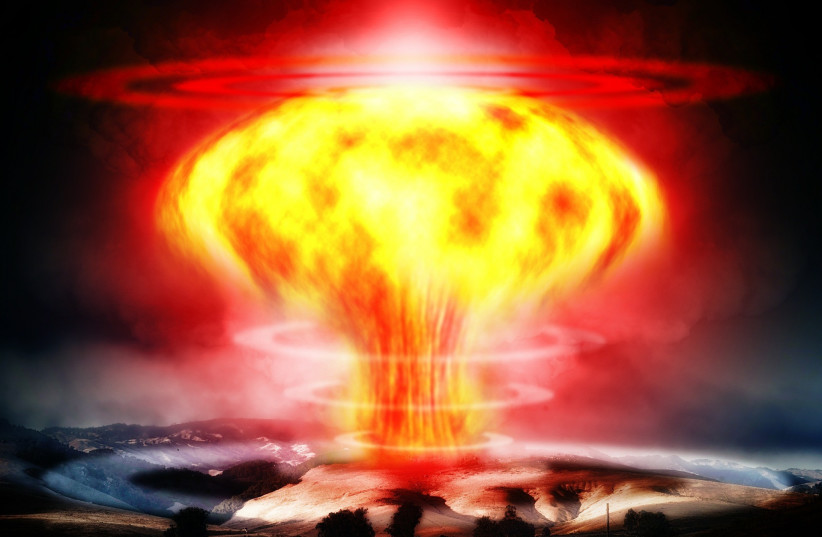As states continue to modernize, nuclear arsenals across the globe will likely grow, according to the Stockholm International Peace Research Institute (SIPRI) Yearbook. The nine countries that currently have nuclear arsenals — the US, the UK, Israel, Russia, France, China, India, Pakistan and North Korea — currently hold approximately 12,705 nuclear weapons, and SIPRI predicts that this number will increase in the next decade.
That the overall number of nuclear weapons declined in 2021 is not indicative of a future downward trend. It is instead a result of Russia and the US retiring older warheads which are likely to be replaced by a larger number of modernized warheads, the institute asserts. This is supported by the fact that Russia and the US maintained a relatively stable number of usable nuclear warheads despite the declining number of total nuclear weapons in the two countries.
Aside from the two former Cold War foes, which possess 90% of the world’s nuclear weapons, the other seven states with nuclear weapons are developing or deploying new weaponry or have at least announced their plans to do so.
“There are clear indications that the reductions that have characterized global nuclear arsenals since the end of the Cold War have ended,” Hans M. Kristensen, associate senior Fellow with SIPRI’s Weapons of Mass Destruction Programme and director of the Nuclear Information Project at the Federation of American Scientists, said in a press release.

Other states are expanding and developing their arsenals
The UK announced that it will add more nuclear weapons to its arsenal, and France began a program last year that will see the development of nuclear-powered ballistic missile submarines. In South Asia, India and Pakistan also appear to be adding to their nuclear arsenals in addition to developing new nuclear delivery systems, per the release.
China is similarly growing its collection of nuclear weapons, and SIPRI estimates that North Korea has enough fissile material to construct around 50 nuclear devices. Although Israel does not publicly comment on its nuclear situation, the country is also likely modernizing its arsenal, the institute claims.
An alarming trend
Many states with nuclear weapons have also become more aggressive in other areas relating to their deadly warheads. “Most [states] are sharpening nuclear rhetoric and the role nuclear weapons play in their military strategies,” Wilfred Wan, director of SIPRI’s Weapons of Mass Destruction Programme, explained in the release. “This is a very worrying trend.”
It is also a trend that is emerging at the wrong time, Stefan Löfven, chair of the SIPRI Governing Board, argued. “Relations between the world’s great powers have deteriorated further at a time when humanity and the planet face an array of profound and pressing common challenges that can only be addressed by international cooperation.”
“Relations between the world’s great powers have deteriorated further at a time when humanity and the planet face an array of profound and pressing common challenges that can only be addressed by international cooperation.”
Stefan Löfven
Is the progress in denuclearization enough?
Although nuclear arsenals and rhetoric may be on the rise, 2021 witnessed several achievements in nuclear diplomacy. The Treaty on the Prohibition of Nuclear Weapons (TPNW) went into effect as the first treaty to comprehensively ban nuclear weapons, discussions between the US and Iran began about the former rejoining and the latter adhering to the Iran nuclear deal and the five permanent members of the UN Security Council, all of whom hold nuclear weapons, released a joint statement affirming their pursuit of a world without nuclear weapons.
Nevertheless, the apparent growth and development of the world’s nuclear arsenals speak to the contrary. Moreover, Russia threatened to use nuclear weapons in the war in Ukraine, and the five permanent members of the UN Security Council did not join and even expressed their opposition to the TPNW, the release noted.
The state of nuclear weapons ultimately seems to be heating up, per Dan Smith, director of SIPRI. “Although there were some significant gains in both nuclear arms control and nuclear disarmament in the past year, the risk of nuclear weapons being used seems higher now than at any time since the height of the cold war.”
